A user’s guide to economic, political, social and cultural collapse.
In the face of political impotence, resource depletion, and catastrophic climate change, many of us have become reconciled to an uncertain future. However, popular perception of how this future might actually unfold varies wildly from “a severe and prolonged recession,” to James Howard Kunstler’s “long emergency,” to the complete breakdown of civilization. In The Five Stages of Collapse , Dmitry Orlov posits a taxonomy of collapse, offering a surprisingly optimistic perspective on surviving the sweeping changes of the day with health and sanity intact.
Arguing that it is during periods of disruption and extreme uncertainty that broad cultural change becomes possible, Orlov steers the reader through the challenges of financial, commercial, and political collapse. He suggests that if the first three stages are met with the appropriate responses, further breakdown may be arrested before the extremes of social and cultural collapse are reached.
Drawing on a detailed examination of post-collapse societies, including the Somali people of Africa, the Pashtuns of Afghanistan, the Roma of Central and Eastern Europe, and even the Russian mafia, The Five Stages of Collapse describes successful adaptations in areas such as finance, self-governance, and social and cultural organization. These fascinating case studies provide a unique perspective on the characteristics that determine highly resilient communities. Shot through with Orlov’s trademark dark humor, this is an invaluable toolkit for creating workable post-collapse solutions.
Dmitry Orlov was born in Leningrad, Russia, and immigrated to the United States. He is the author of Reinventing Collapse and maintains the phenomenally popular blog Club Orlov.

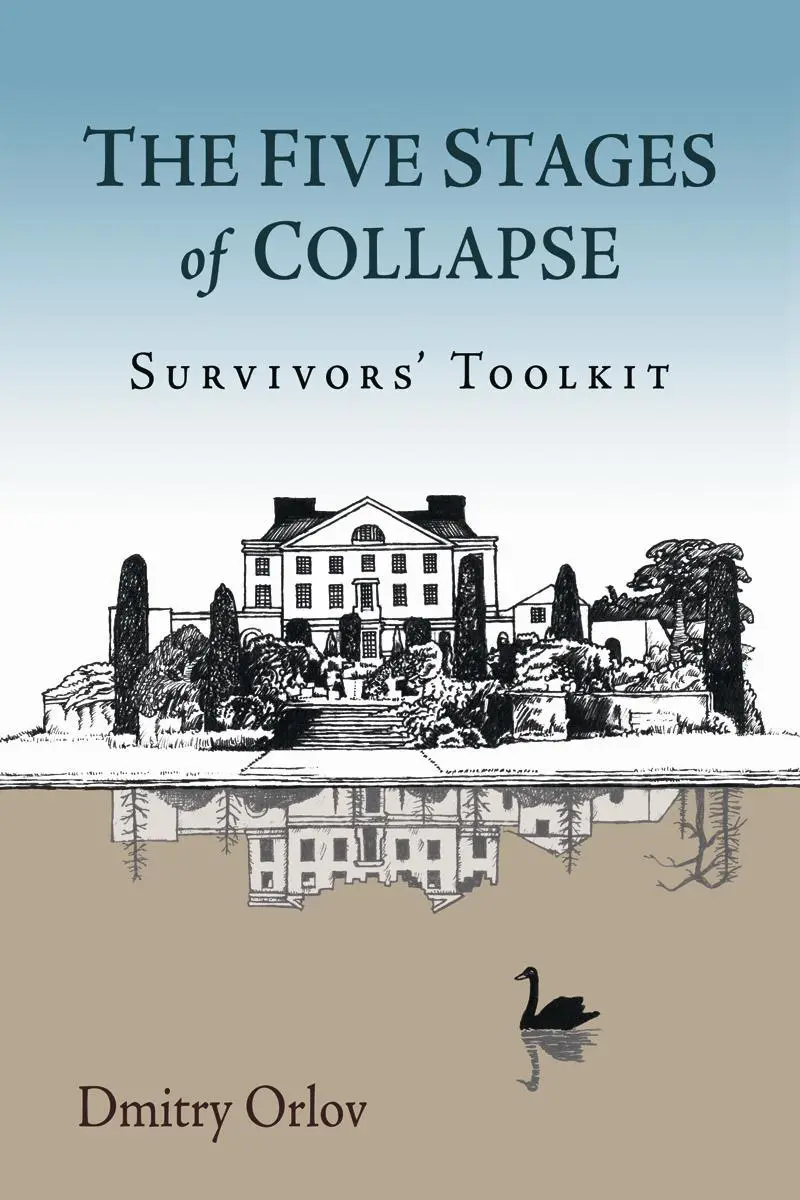
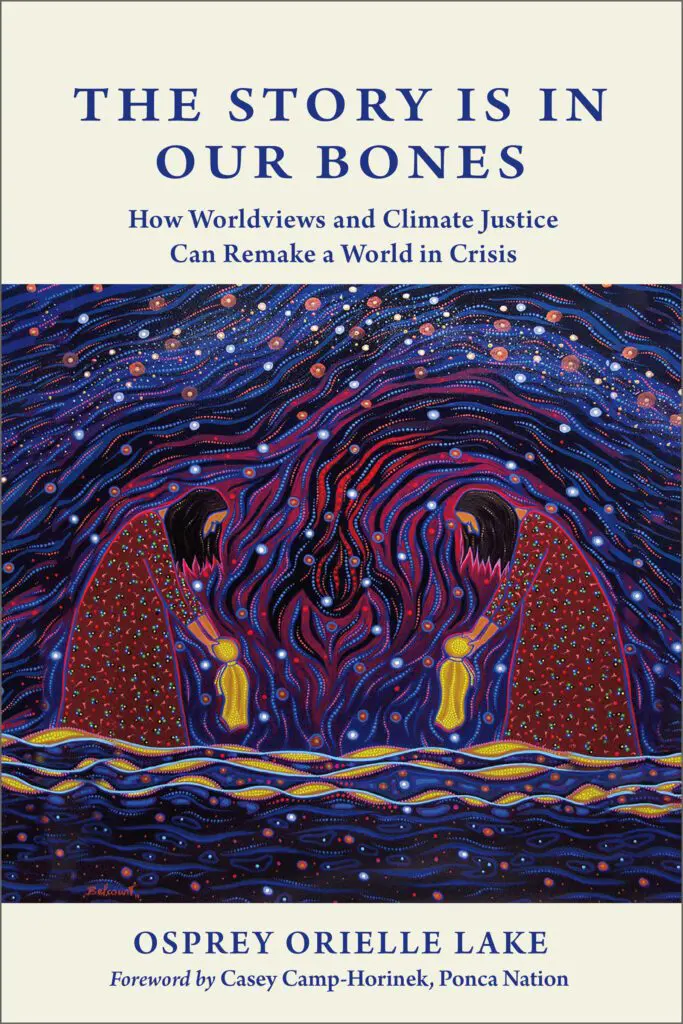
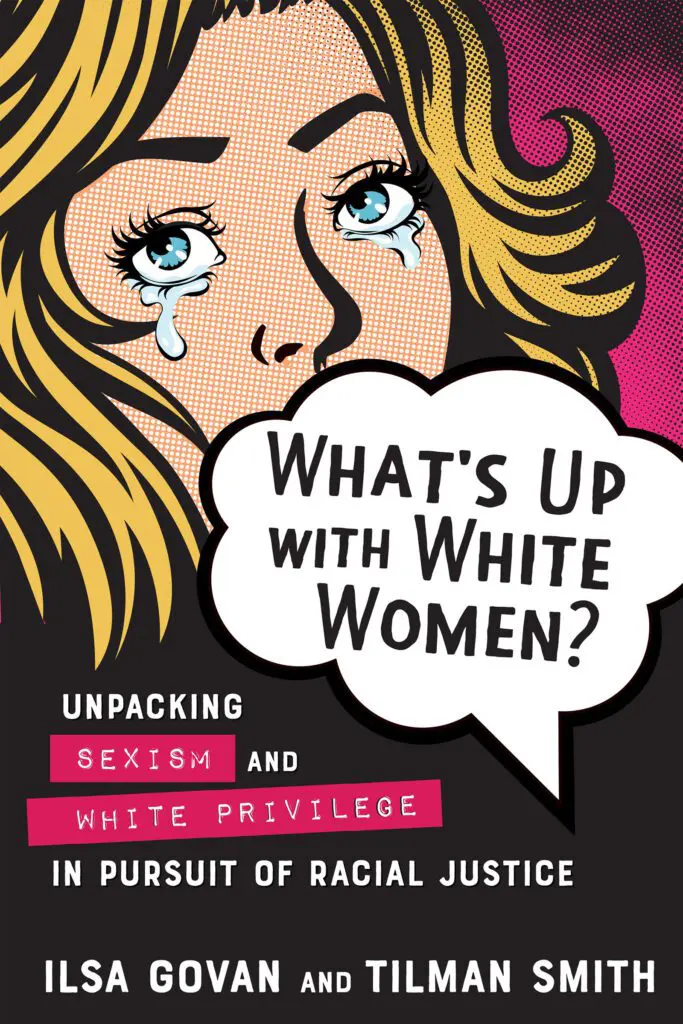

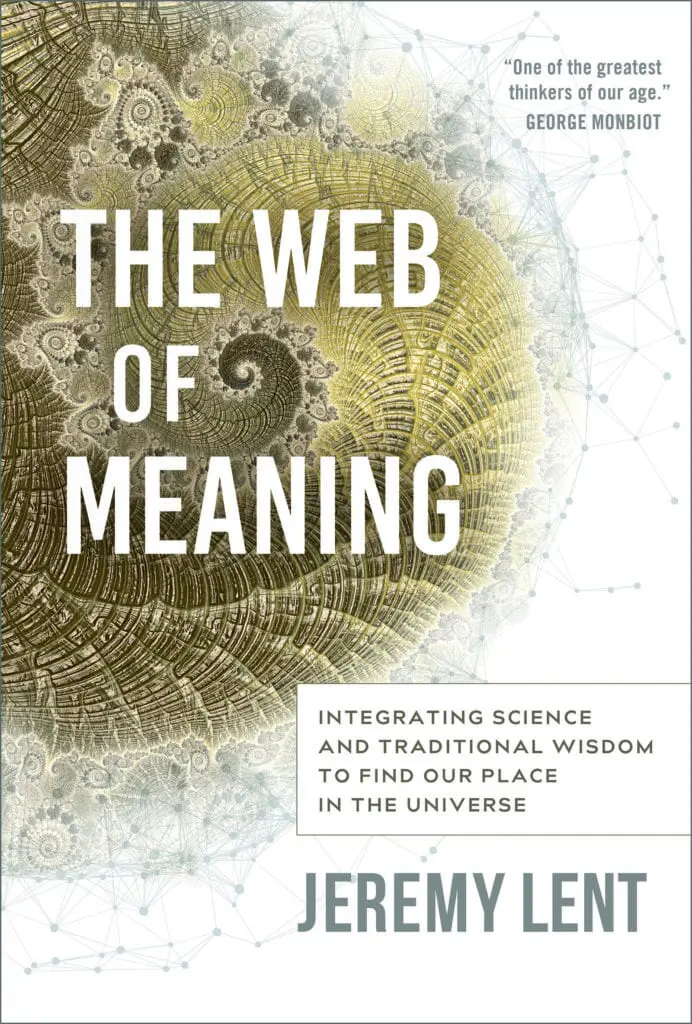
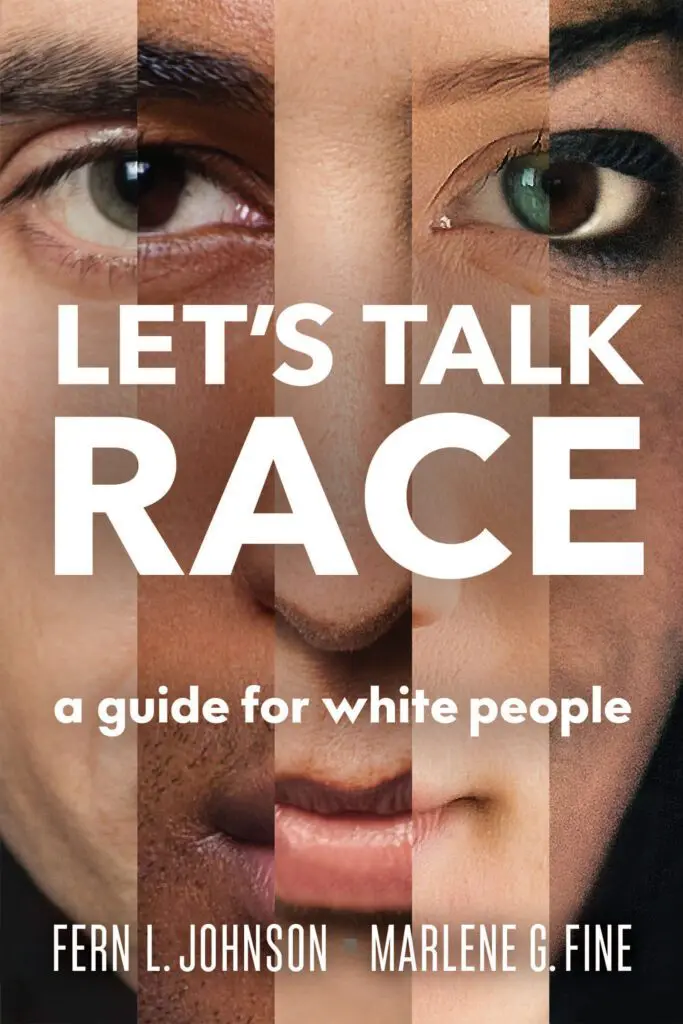
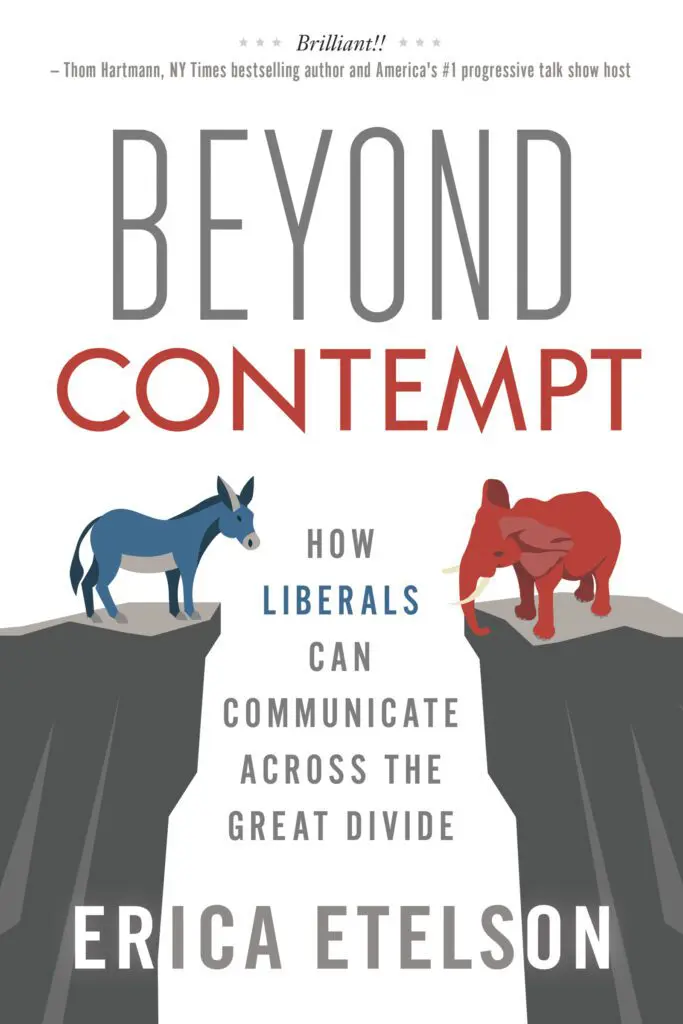
Ien van Houten –
I read this book years ago. It is worth reading but may be outdated by now.
The blurb needs an update.
I used to follow Dmitri Orlov at his “Club Orlov” site.
We sparred occasionally. He had some great ideas, sharp observations and I loved his humour.
However he is not fond of uppity women.
Not mentioned here is the fact that Dmitri gave up on the West and moved back to Russia.
He became quite the defender of Putin. I have often wondered if he made some kind of deal.
Eventually he went behind a paywall, and then the paywall went from Patreon to a Russian site and I lost track.
.